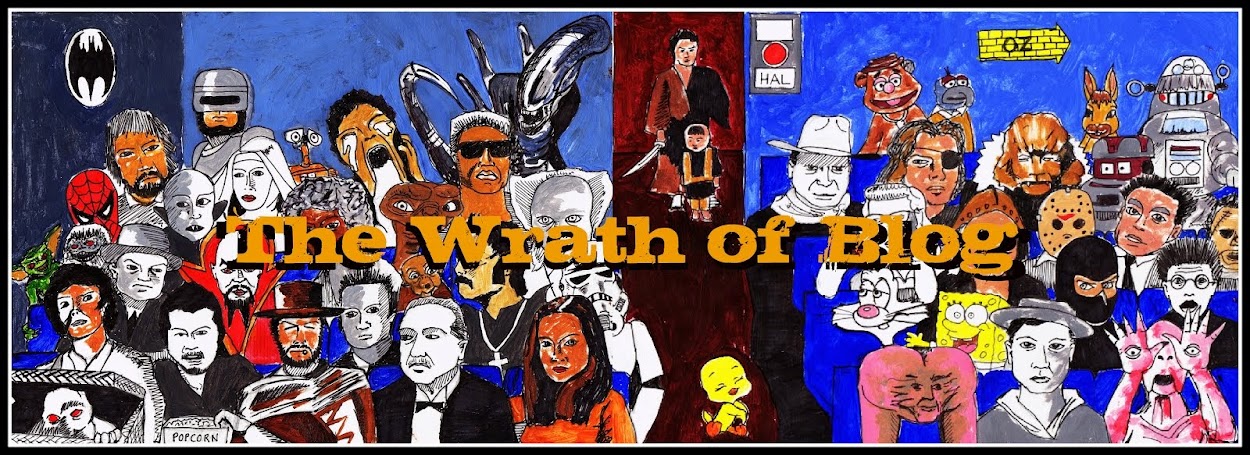 Fleeing from his tyrannical master Trower (Julian Barratt), alchemist Whitehead (The League of Gentleman's Reece Shearsmith) ends up in a large field where he meets three wandering soldiers Cutler (Ryan Pope), Jacob (Peter Ferdinando) and Friend (Richard Glover). Whitehead is out on an errand to locate and capture the mysterious O'Neil (Michael Smiley), a dangerous man who appears to be learned in magic. When they come across O'Neil, the group are forced to look for buried treasure in the field, where madness and mushrooms ensue.
Fleeing from his tyrannical master Trower (Julian Barratt), alchemist Whitehead (The League of Gentleman's Reece Shearsmith) ends up in a large field where he meets three wandering soldiers Cutler (Ryan Pope), Jacob (Peter Ferdinando) and Friend (Richard Glover). Whitehead is out on an errand to locate and capture the mysterious O'Neil (Michael Smiley), a dangerous man who appears to be learned in magic. When they come across O'Neil, the group are forced to look for buried treasure in the field, where madness and mushrooms ensue.I won't even try and explain any meaning behind the film, if they are indeed any at all. There are many moments of surreality, such as the group being dragged against their will by a large rope or the black sun that keeps appearing to Whitehead. But surrealism isn't supposed to make sense - that's why it's called surrealism. It is supposed to open your mind and let you take away from it whatever you brain tells you to, and I left A Field in England feeling baffled but undeniably wowed. Wheatley has a knack for creating an atmosphere, be it the ever-present feeling of dread in Kill List (2011) or the depressing familiarity of Sightseers (2012) - here it's the sense of horror that seems be looming over these unfortunate characters. The most unnerving moment occurs when Whitehead emerges from O'Neil's tent, after being tortured, with a rope around him like a lead and a demented smile across his face.
Like I mentioned earlier, there are many that will leave this film calling it pretentious nonsense, and they would be half right. Sometimes the film gets completely swept up in its own idiosyncrasies. The rapid editing of Whitehead's mushroom trip contains some astonishing images, but goes on for so long that I couldn't help picturing Wheatley in his editing room asking "what does this button do?". But for all its problems, A Field for England is a nice little experiment within an all too unfamiliar setting that evokes in period and style Michael Reeves' excellent Witchfinder General (1968). The British film industry needs a director that has the ability to split an audience or has the audacity to fuck with them, and Wheatley is a breath of fresh air, and quite possibly the man that convinces this government to start injecting funds back into this crumbling institution.
Directed by: Ben Wheatley
Starring: Reece Shearsmith, Michael Smiley, Peter Ferdinando, Richard Glover, Ryan Pope, Julian Barratt
Country: UK
Rating: ****
Tom Gillespie









